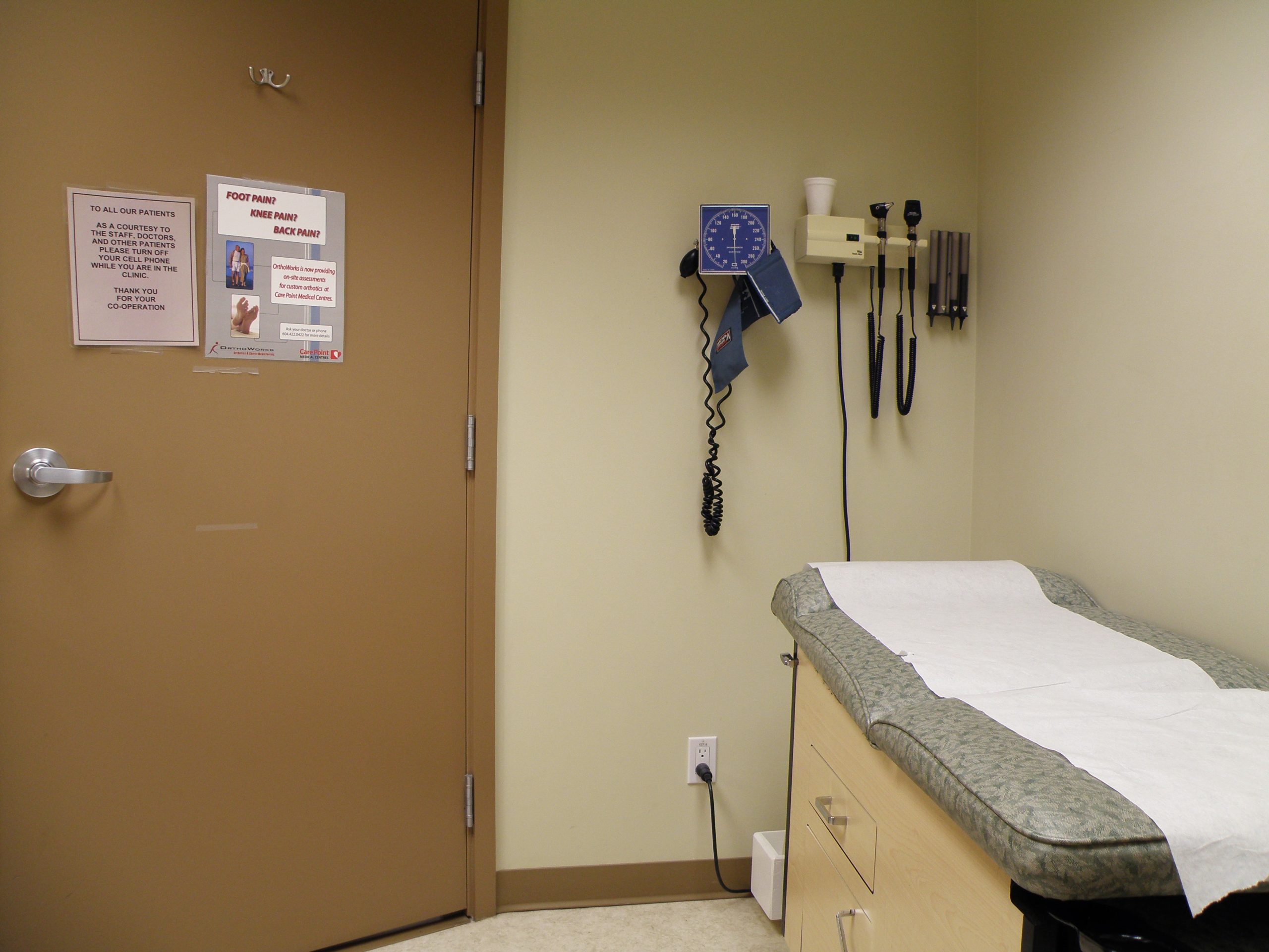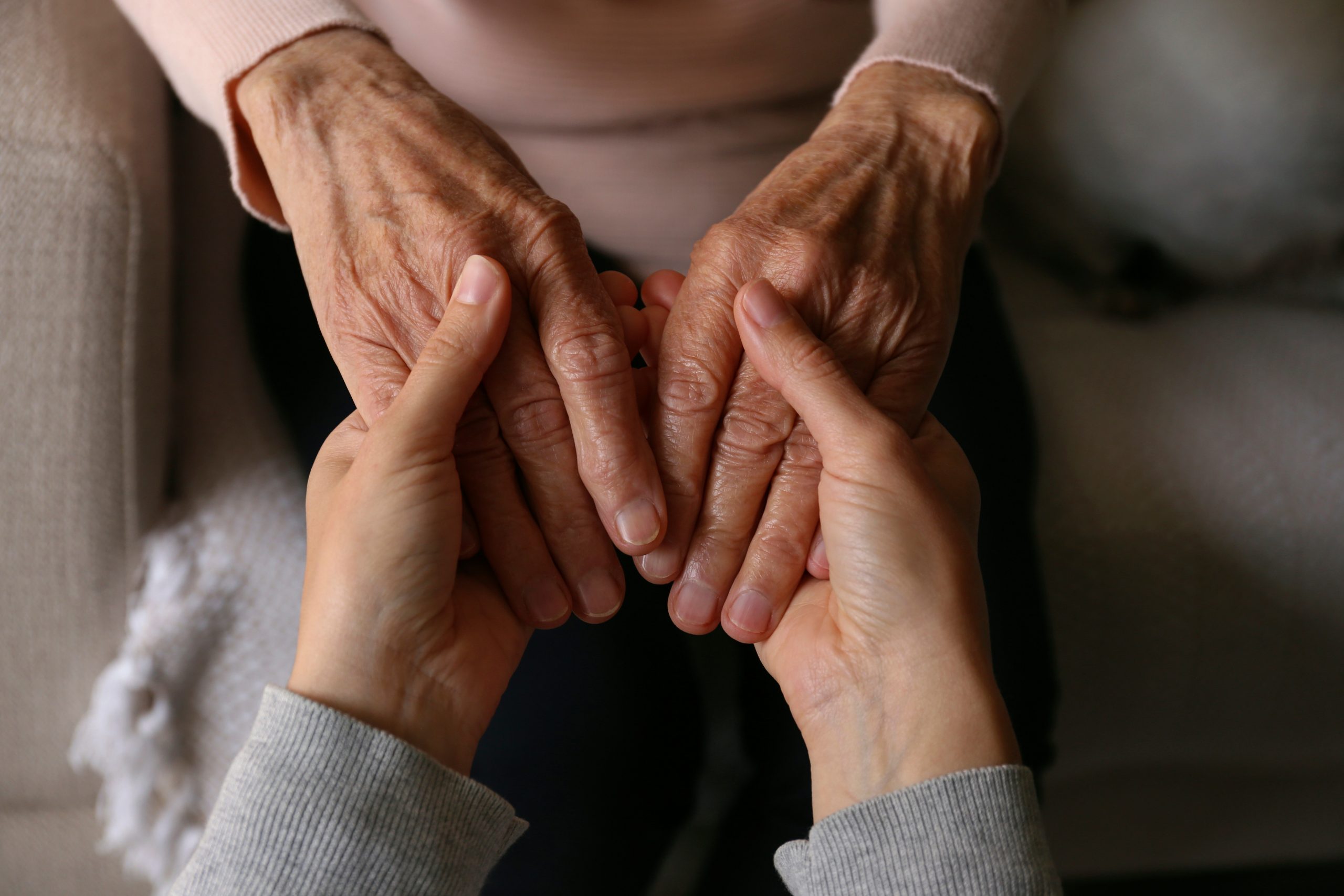80% of GP Practices Now Offer Online Health Records

Thanks to the NHS delivery plan for recovering access to primary care, more than four out of five GP practices (81.1%) in England are now providing patients with online access to their new health records.
This achievement, part of the broader plan announced in May, enables 23.5 million people to conveniently view test results and consultation notes via the NHS App.
The ambitious delivery plan aims to have 90% of GP practices offering patients access to their records through the NHS App by March 2024.
The initiative seeks to make healthcare access quicker, easier, and more flexible, freeing up to 10 million GP appointments annually by the next winter.
Patients, aged 16 and over, have a legal right to access their future health records, and general practice is mandated to provide this unless patients opt out or exemptions apply.
The NHS App, now a primary channel for health needs, has seen a quarter of repeat prescriptions (2.7 million per month) processed through it, reducing the need for direct contact with GP practices.
In addition to online patient records, the NHS is facilitating upgrades to telephone systems in GP practices, reducing the traditional “8 am rush” for appointments.
Approximately 8 in 10 practices have already upgraded their telephone systems, marking a significant improvement since the previous year.
Vin Diwakar, National Director for Transformation at NHS England, expressed gratitude to those working on this initiative: “I want to thank colleagues across the country who have been working hard to make this possible. In October alone, more than nine million people viewed their health records through the NHS App, which means they can manage their own health better while GP practices are seeing a reduction in telephone calls for things like test results.”
While over 4,500 practices have implemented patient access to future records, support is available for practices facing challenges in delivering this service. The NHS encourages the remaining practices to embrace the change.
Military veteran Stephen Heard, 69, emphasised the advantages of using the NHS App for managing health information: “If you’ve got this information, this can be quite powerful. You can use it to your advantage, and it makes you more aware. I think it would probably make the GP more conscious that you were looking at these sorts of things and adjusting lifestyle accordingly.”
Dr. Shammy Noor of Darwin Medical Practice highlighted the positive impact on patient engagement: “I now often put notes from a consultation into the patient’s record together with any instructions, so that when they open the app at home all the information is there rather than them having to write it down on paper which they could lose. We say to patients go and have your blood tests.
“Have a look at the app and there will be a note from the doctor on there with what you need to do. This enables the patient to be part of their health journey.”
This improved access only applies to new health information, ensuring suitability and understanding for patients. The NHS has collaborated with at-risk groups, including victims of domestic abuse, to provide guidance on safeguarding patients.
Rachel Power, Chief Executive of the Patients Association, welcomed the initiative: “Patients want straightforward access to their medical records. Increasing the numbers who can see their health information via the NHS App is good news for patients.
“We hear from patients how helpful knowing test results or upcoming appointments is to them in taking care of themselves.
“And as more patients are able to use digital access to the records, it will reduce calls to general practice requesting information patients can now access themselves.”
The success of this initiative demonstrates the ongoing efforts to leverage technology and innovation in improving healthcare access for the public.


Leave a comment